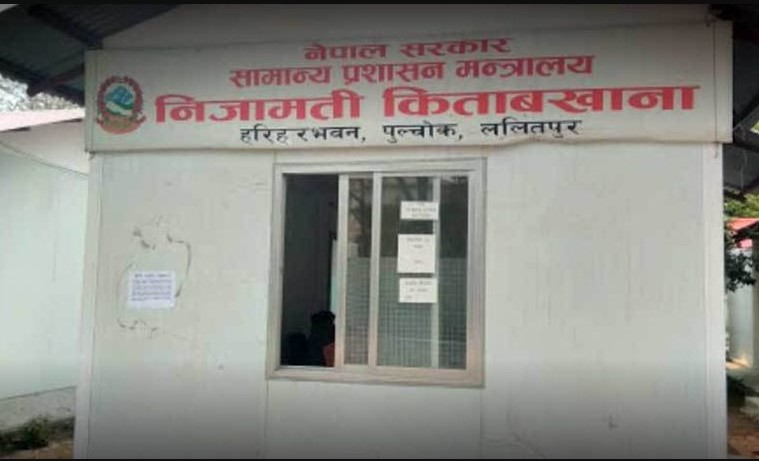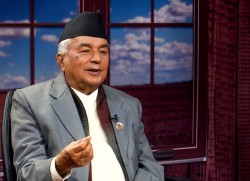Nepal

The Department of Civil Personnel Records (DCPR), popularly known as Nijamati Kitabkhana, has started the e-pension service for government employees who are about to retire.
After a month-long trial run in Lalitpur, the online service has now been expanded across the country, allowing service seekers to submit applications online for pension scheme.
Department’s Acting Director General Sangeeta Ojha said the concept of e-pension was introduced to make the service fast, efficient, and technology-friendly in light of the growing proliferation in information technology.
This concept is aimed at eliminating the inconvenience of having to travel from afar to Kathmandu by allowing service seekers to submit pension documentation from numerous locations across the country. The department, under the Ministry of General Administration, maintains personnel files on civil servants, teachers, and police officers from their appointment to retirement.
The Civil Service Act and Regulations stipulate that those who have completed more than 20 years of service are eligible for pension, while those having served for shorter period get gratuity in a lump sum.
According to the department, 3,785 government employees joined the pension scheme in the fiscal year 2078/79 BS. Records show 88,000 civil servants have retired so far.
Information Officer Prakash Jung Karki said beginning January 6, the department started processing e-pension applications from all districts.
“Employees who are about to retire will be notified in advance of the documents required for the pension plan,” Karki said, “and they will be able to submit these documents online from any location in the country.”
In the first phase, the department launched an online application service on December 15 and expanded it across the country.
Under the online system, all documents will be prepared in advance online which include verification of photograph, fingerprint, office stamp, of the individual concerned as well as a method to remitting the pension payment, Ojha explained.
“The entire process will be completed in an instant,” she said. “However, we are processing applications through both traditional and e-pension methods at the moment as many people aren’t confident enough about information technology.”
Currently, 136,332 people are employed across various fields in the government institutions.
The DCPR regularly updates the records of employees’ appointments, citizenship, educational qualifications, transfers, promotions, leaves, departmental actions, service periods, awards received, etc. The agency also administers gratuity, pension, parental pension, medical treatment, insurance, accumulated leaves, disability and child benefit.
While all the documents can be processed online, the service seekers still need to visit the office in person to complete the pension scheme and collect the pension booklet.
Provinces can start this service by making their own laws. The department is gradually converting the archives into an electronic system.
The DCPR has already digitised 90 per cent of the records and fed them into the software. It has been maintaining personal details of all government employees, recording their expenses from the government funds on the information system.
According to the department records, 79,543 personnel are currently in active service of the Nepal Police and 37,117 are serving the Armed Police Force. Similarly, there are 78,911 teachers at the primary level, 16,224 at the lower secondary and 12,725 at the secondary level.
Each employee entering the civil service or the military is assigned a unique identification code after passing the public service test and filling out the seat roll form. During their tenure, they are identifiable by this number.
The department recently launched an online system which allows the individuals concerned to look into their personal details.
Processing vast amounts of data that have gathered over time is a pain.
At times, the DCPR comes across issues, such as when an employee's pension duration exceeds their employment period. Even though polygamy is illegal, the department often runs into issues involving the transfer of rights because some persons have several spouses.
“We’ve raised this issue related to transfer of rights many times. But such cases crop up time and again. Solving this problem would save the government a lot of money,” Ojha said.
With RSS inputs






